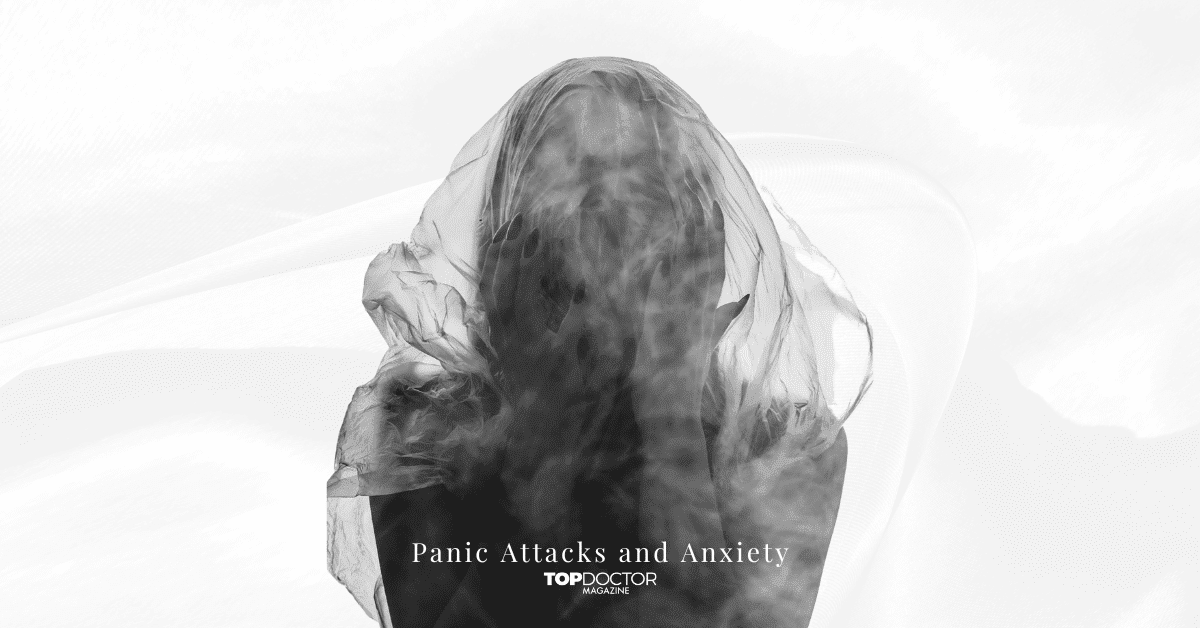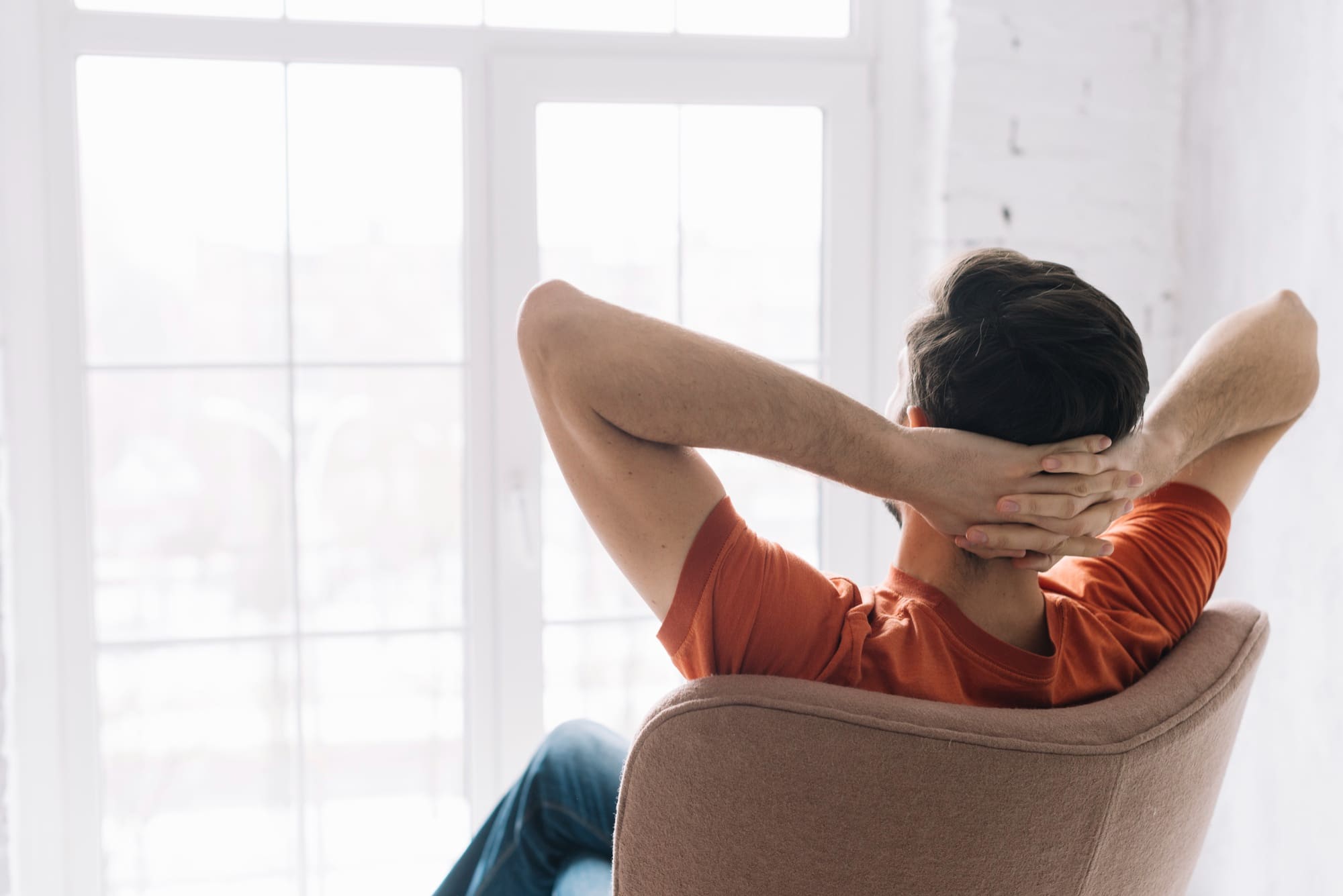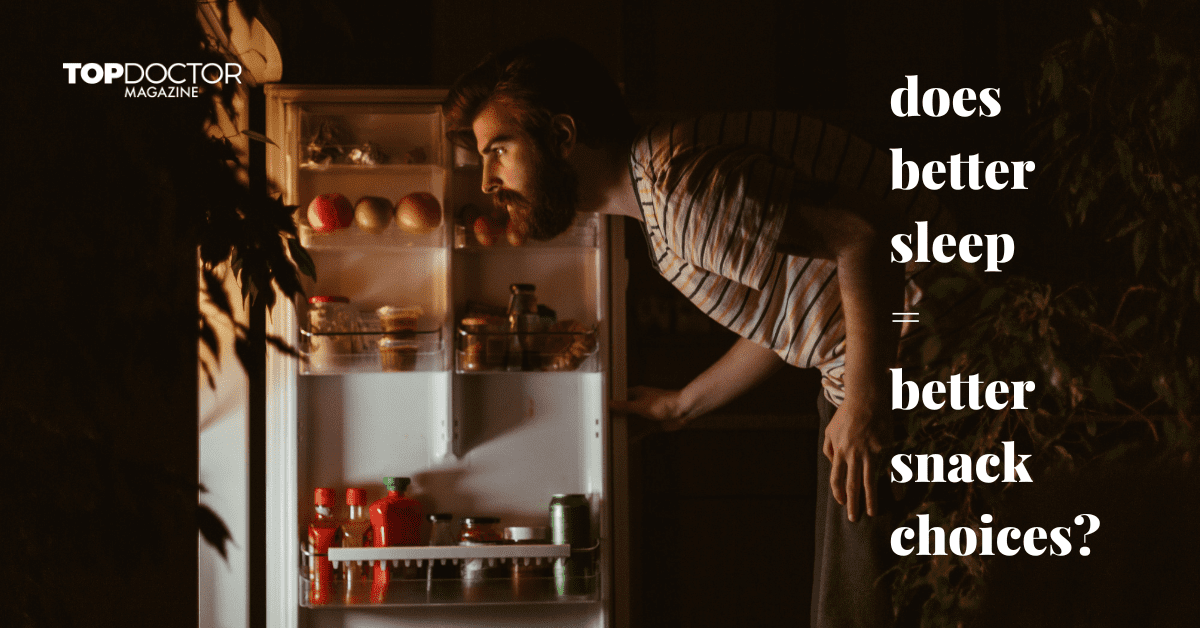Our lives can get busy and stressful. So, it’s fairly normal for people to experience panic attacks and anxiety these days. Unfortunately, many people still confuse anxiety and panic attacks, sometimes claiming they are the same thing.
Panic Attacks
Panic attacks are short periods (i.e., up to 10 minutes) of experiencing intense feelings of overwhelming fear. They manifest suddenly, without any warnings, and come along with difficult symptoms such as:
- Nausea;
- Shortness of breath;
- Palpitations;
- Sweating;
- Sense of choking;
- Chest pain;
- Trembling;
- Dizziness;
- Chills.
Different people manifest different panic attack symptoms. Specific external and internal stressors induce panic attacks where often, the internal stressors manifest themselves through thoughts and constant worry about the unknown future. Conditions that can cause a panic attack are:
- Social phobia;
- Anxiety disorders;
- Post-traumatic stress disorder (PTSD);
- Agoraphobia (i.e., the fear of crowded or open spaces).
There are, of course, medical conditions that can induce panic attacks as well. For example, asthma, thyroid problems, cardiac issues and neurologic problems can all play a significant part in panic attacks.
Anxiety
Anxiety is a natural human reaction when someone expects a future outcome. People feel anxious when they are worried or afraid about what could happen in the future. It manifests through our thoughts, feelings and physical sensations. The typical anxiety symptoms are:
- Fatigue;
- Difficulty concentrating;
- Irritability;
- Anger;
- Muscle tension;
- Sleep disturbances.
Because anxiety is normal for people to experience, the causes are not as grave and specific as in panic attacks. A stressful job, an incoming exam, driving, social situations, phobias or memories of traumatic experiences are all causes of anxiety. Some people can become anxious about very banal things or events such as a birthday party next Friday or the high prices at the supermarket.
The Differences between Anxiety and Panic Attacks
Because anxiety and panic attacks have similar physical symptoms, people think they are the same. But that’s not the case.
The differences between the two manifest themselves through the emotional symptoms. When having a panic attack, you will feel a sense of detachment from the world and powerful fear of dying or losing control. But when experiencing anxiety, you will feel apprehension, worry, distress and restlessness. The only similarity between the two is the fear you will feel.
How to Treat Anxiety without Medication
Medication is a simple way to combat anxiety, but not the only one. Talking to one of your friends or a family member, shouting as loud as you can, screaming, punching a pillow and stomping your feet are as important to treating anxiety as medication. These methods ensure a much-needed healthy release of emotions and stress. You must embrace anxiety as a part of you because if you bottle it up, you will never be able to let it go.
Other ways to partially relieve your anxiety are:
- Exercise;
- Drinking less caffeine;
- Sleeping as much as you need;
- Saying “no” whenever you feel like it.
How to Treat Panic Attacks without Medication
There are fewer ways to fight panic attacks without medication than with anxiety attacks because panic attacks are more draining and heavier on your body and mind.
Breathing exercises and applied relaxation are effective ways to combat panic attacks. These approaches are perfect for counteracting hyperventilation, a major part of a panic attack. Training your muscles to relax on demand will prove helpful when facing muscle tension.
Other ways to fight panic attacks without medication are:
- Self-monitoring your symptoms;
- Keeping your mind occupied and away from stressors;
- Exercise;
- Talking about your feelings;
- Cutting back on sugar and caffeine.
A Parting Reminder
People must be aware of the difference between panic attacks and anxiety. Contact a medical professional if you notice you have or are experiencing a panic attack. It’s best to approach the problem swiftly and learn how to control it.






0 Comments